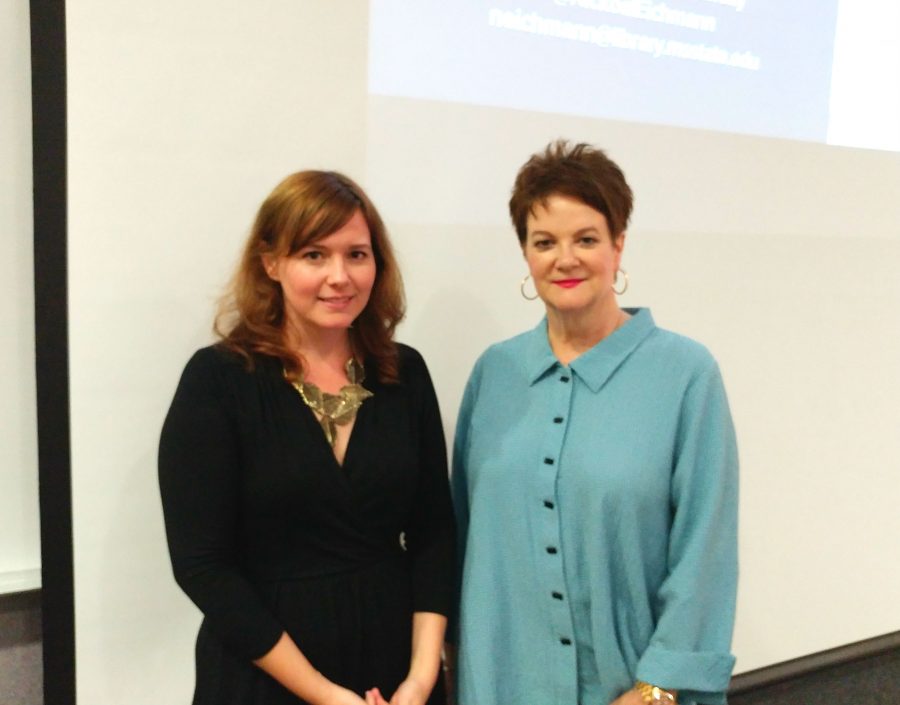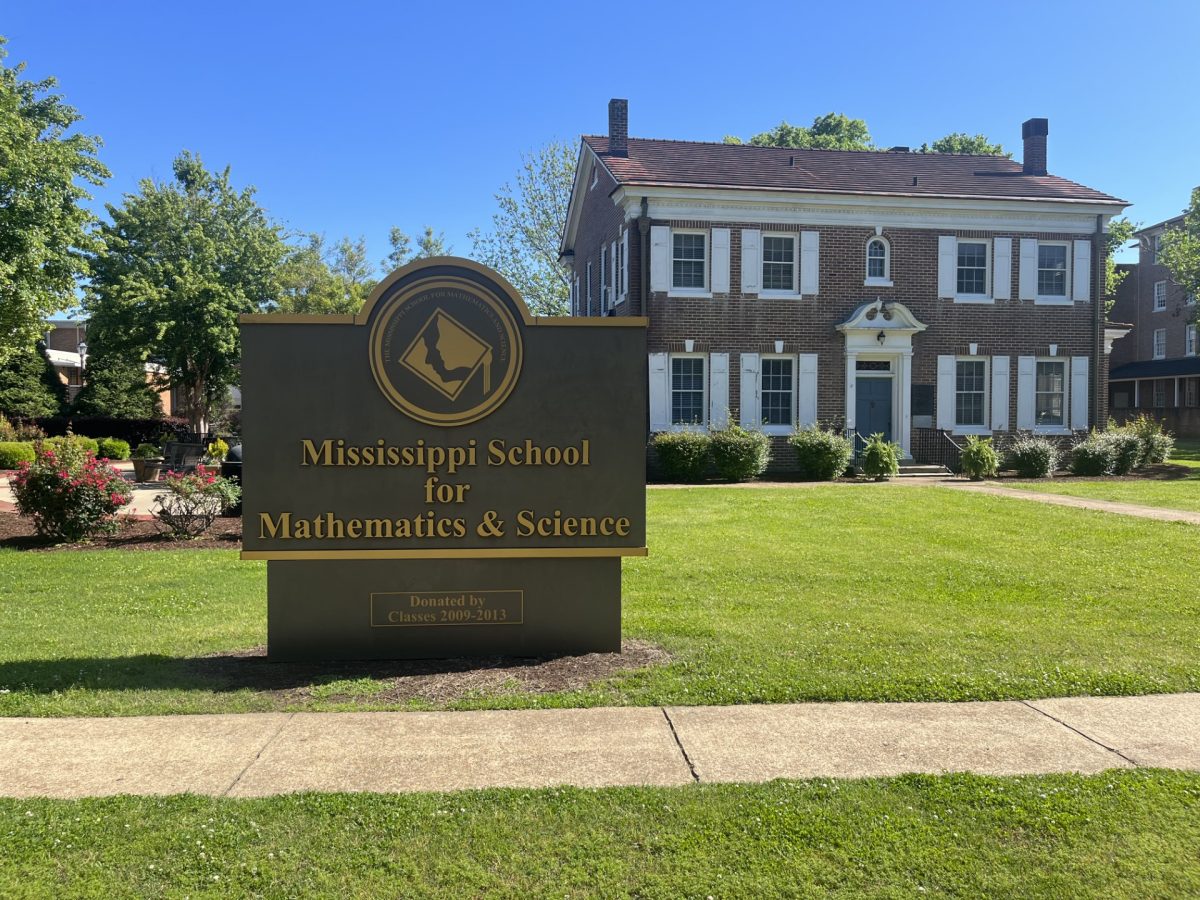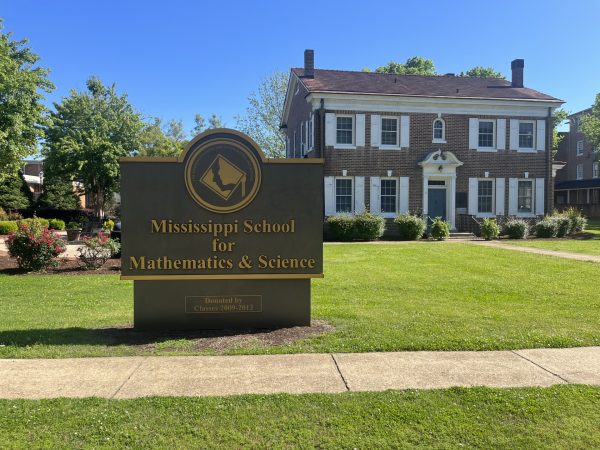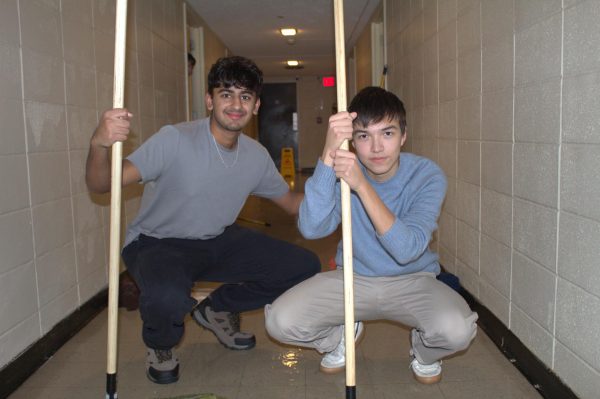MSMS Students Discover the Culture of Criminal Cadavers in Early Britain
Presentation speaker Nickoal Eichmann-Kalwara and MSMS teacher Emma Richardson prepare for Eichmann-Kalwara’s presentation.
September 26, 2016
On September 15th, Hooper auditorium was packed full of MSMS students eagerly awaiting a macabre lecture from Ms. Nickoal Eichmann-Kalwara entitled “Human Dissection as Punishment in Early Modern England, A Brief History.”
In this colloquium, students had the rare opportunity to learn about a very specific portion of English History focusing on the use of criminal cadavers as a stepping stone to the modern study of Human anatomy.
“Criminal bodies were considered inferior,” explained Eichmann-Kalwara. Due to this sense of inferiority, criminal corpses were the only bodies that were worthy of being dissection.
It was nigh impossible to get fifteenth century Brits to willingly donate their bodies to science as many felt that by doing so they would not be admitted into heaven. This sentiment shocked many students. “I learned a lot about how important the maintenance of the body was toward their assumptions about the afterlife”, said Braeden Foldenhauer, MSMS senior who attended the Colloquium.
The dark subject of the colloquium attracted students for a multitude of reasons. “Admittedly, [my reason for attendance] was largely in part due to Mrs. Richardson’s extra credit opportunity, but I also thought that the topic would be a cool one to sit in on,” said Foldenhauer. The morbid curiosity on the subject was widespread, as there were many students in the auditorium who were not members of Mrs. Emma Richardson’s classes. Eichmann-Kalwara embraces the morbidity of the topic stating, that it is “weird stuff, morbid. I like it.”
Eichmann-Kalwara’s presentation opened many student’s eyes to a side of British culture that they had never seen before. “I didn’t realize that dissection was used as a punishment so recently–as late as the 1800’s. I guess I just assumed that would have been eradicated much longer ago as a punishment,” stated Foldenhauer.
Revelations like Fuldenhauer’s may seem shocking or disgusting to many students, but Eichmann-Kalwara would like to remind students that modern medicine lies on an ancient foundation of dissecting the cadavers of criminals. Without the practice of dissection as a punishment, there would be no modern medicine to speak of.












![A bill calling for the relocation of MSMS to Mississippi State’s campus was replaced in committee Tuesday [March 5] with language placing the Mississippi University for Women under MSU’s control.](https://thevisionmsms.org/wp-content/uploads/2024/03/Copy-of-IMG_3636-600x450.jpeg)



